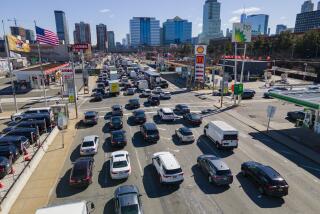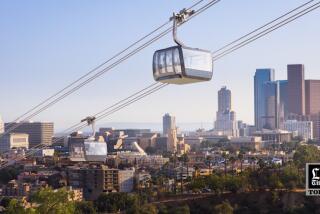Golden Gate Bridge toll could climb to more than $12 under new proposal

Motorists driving south across the famed Golden Gate Bridge could have to shell out more than $12 a trip under a new proposal from the transit agency responsible for tolls.
Meanwhile, commuters from the North Bay with FasTrak passes could see their daily toll rise to more than $11 by 2028, according to a proposal from the Golden Gate Bridge, Highway & Transportation District.
The current tolls are $9.75 for invoice payments for infrequent users and $8.75 for FasTrak pass holders, according to the transit agency.
Daily bridge crossings have fallen since the pandemic ushered in the rise of remote work and reduction of commuter travel. Traffic on the bridge is now at 85% of pre-pandemic levels with commute hours down almost 30%, according to an agency staff report.
That has translated to a loss of up to $30 million a year, the staff report said. The transportation agency relies heavily on bridge tolls to fund its operation and says it’s facing a five-year projected shortfall of at least $220 million.
The new proposal lays out four possible toll rate options that would steadily increase over five years. The priciest option for motorists would generate $139 million over the five-year period — still far short of the anticipated funding gap.
“I was a little bit shaken by the fact that anything we do is only half of the shortfall,” said board member Barbara Pahre, who represents Napa County, as reported by the San Francisco Chronicle. “It’s not just about tolls, it’s about cinching our belts a little bit. This might end up being the easy part.”
The priciest option would raise tolls by 50 cents each year starting in July. Under that option, FasTrak pass holders would see their daily toll rise to $9.25 this summer and to $11.25 by 2028 while invoice drivers who pay the highest rate would owe $10.75 this summer and $12.25 by 2028.
A public hearing has been scheduled for Feb. 22 and the board will vote in March. Any new toll approved would go into effect July 1, according to the agency.
More to Read
Sign up for Essential California
The most important California stories and recommendations in your inbox every morning.
You may occasionally receive promotional content from the Los Angeles Times.











